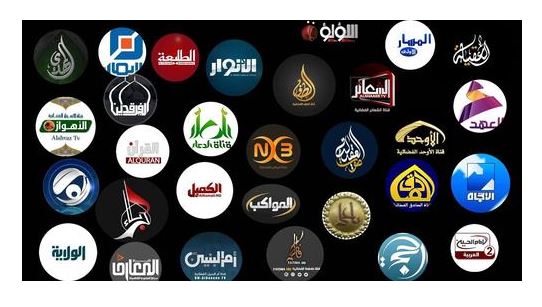The media is a means of conveying the news or the point of view or both from one party to the other, and its dangers have become overshadowed by its advantages. The media is a double-edged sword that may benefit or harm and may destroy or revive peace among people if used in the correct methodological ways. Malcolm X said, “The media is the most powerful force on the face of the earth and has the power to make the innocent guilty and the guilty innocent, and this is because it controls people’s minds.” The media is the compass that determines the trends of public opinion and affects them directly, and it may have a positive role as the fourth authority that monitors the performance of the government and the House of Representatives and points out flaws in performance and may help in correcting mistakes. The media may have a negative role when it praises and shines on corrupt parties. In Iraq, there is a third-party media that is funded from abroad and works against the interests of the Iraqi people. These are media outlets that violate the Iraqi constitution while protecting the three authorities, a paradox that exists only in Iraq and countries under the Wlayat Al-Faqih.
Since 2003, Iran has imposed its control over Iraq’s public opinion industry by supporting the establishment of a group of satellite channels for Iraqi sectarian parties and militias under the umbrella of the Iraqi Islamic Radio Union of the Union of Islamic Radios and Televisions, in addition to these forces’ dominance over the government’s “Iraqi Media Network.” Also, take out the other components. The Union of Islamic Radios and Televisions was established in 2007 and includes about 210 members from several countries. The international section finances more than sixty television networks affiliated with it, in addition to about 200 radio stations, all of which broadcast in non-Persian languages, and (600) international and local radio stations, more than 5000 news stations, and about 50 news agencies that publish their news in languages other than Farsi around the world, and most of it operates from outside Iran.
These radio and television channels are pawns in the hands of the corrupt power parties and their militias in Iraq, and all the owners of these channels have arms in Parliament and control many security positions and ministries in Iraq, in addition to their great influence in the judiciary. These Iranian-controlled media outlets have distorted the truth on numerous occasions by promoting hate speech, inflaming sectarian and racial sentiment among Iraqi descendants, demonizing segments of the Iraqi population and branding them terrorists or traitors, denigrating nonviolent protestors, and claiming that the demonstrations were supported by arrogant nations and the Great Satan. This is in addition to promoting the idea of Wilayat al-Faqih and spreading intellectual backwardness through the promotion of reactionary beliefs and backward religious rituals. The role of these channels was not limited to polishing Iran’s image only, but also transcended to implementing the directives and recommendations of the Iranian Revolutionary Guard and providing information to the Iranian intelligence in Iraq with different covers such as clerics, media professionals, humanitarian organizations, banks, merchants, and others.
The Iranian financial support to cover the expenses of these channels and radios was not the only one. Rather, these channels and radio stations sought, through their corrupt state parties, to obtain a second source of funding, namely, to control Iraq’s resources, political and economic capabilities, and oil resources. The fact that financial and administrative corruption in the Iraqi government, which has been in power since 2003, spread from the top of the pyramid is another sign of how strong this source of money is for the parties. This is in addition to other financial sources such as Al-Khums zakat, border crossings, currency auctions, contracts, fictitious investments, drug trafficking, smuggling, and so on.
One way to combat misleading media is to create a transparent media work environment and make information available from its sources. Let us all work together to raise awareness by boycotting and deleting channels of sedition and incitement from our receivers; let us try to issue decisions to stop broadcasting these channels from our satellites; and let us be a group of experienced and competent media professionals to confront their misguided and misleading media.

Media in Iraq particularly these controlled by foreign interests (especially Iran) often distorts truth fuels sectarianism and undermines national stability highlighting the need for transparent media practices